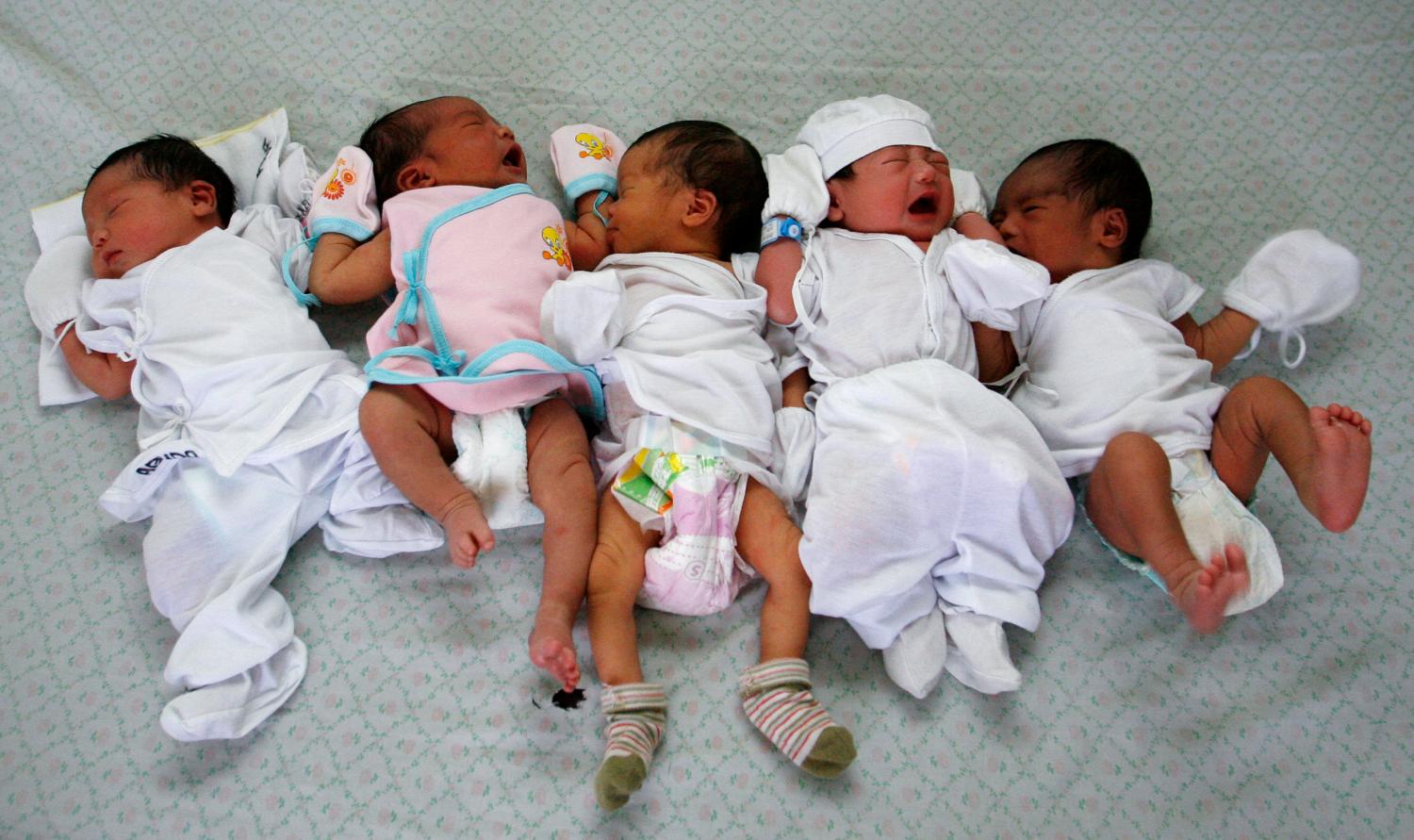This article was originally published by the Institute of Labor Economics in February 2017.
We study the effect of birth order on personality traits among men using population data on enlistment records and occupations for Sweden. We find that earlier born men are more emotionally stable, persistent, socially outgoing, willing to assume responsibility, and able to take initiative than later-borns. In addition, we find that birth order affects occupational sorting; first-born children are more likely to be managers, while later-born children are more likely to be self-employed. We also find that earlier born children are more likely to be in occupations that require leadership ability, social ability and the Big Five personality traits. Finally, we find a significant role of sex composition within the family. Later-born boys suffer an additional penalty the larger the share of boys among the older siblings. When we investigate possible mechanisms, we find that the negative effects of birth order are driven by post-natal environmental factors. We also find evidence of lower parental human capital investments in later-born children.
Read the full article here.








